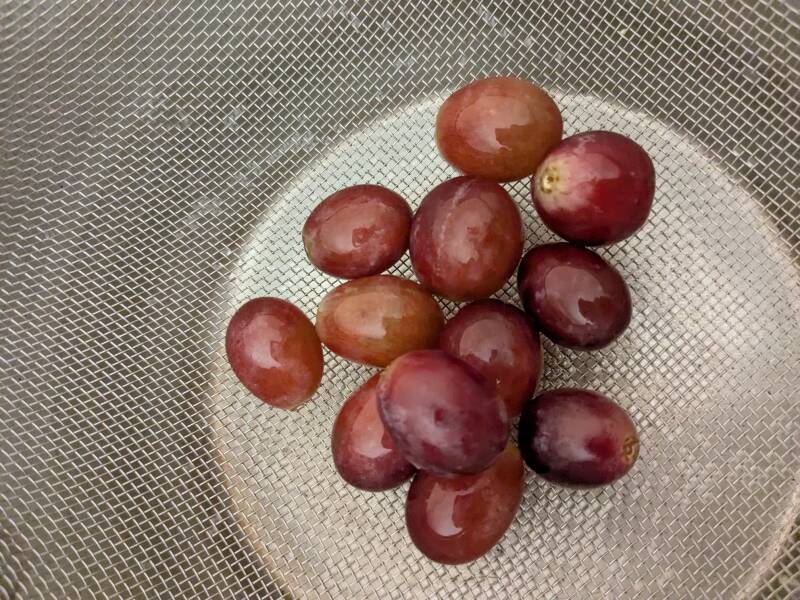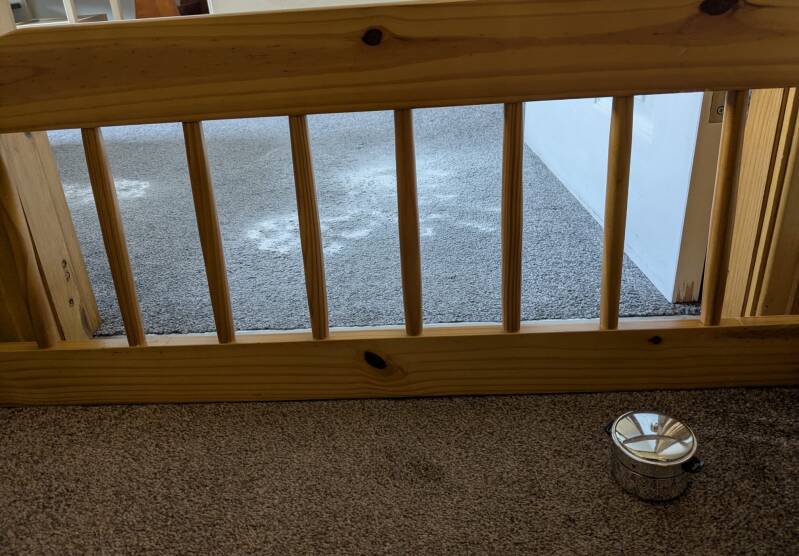As an Early Years Educator, it breaks my heart to hear children say "I don't like maths." or "Maths is too hard." The truth is, maths isn't hard in the Early Years- but it can be made difficult for individual children to access, by the adults in their environment. As with all learning, if the foundation is strong and there is a willingness to learn, children are capable of accessing mathematical concepts. Maths is all around us.
Today I set a challenge in our local WhatsApp community for mums to look for meaningful maths opportunities, as they go about their day. I did the same. As a mum, my main focus today was to clean our home environment. I didn't plan any "learning" but still managed to find real life maths opportunities. My 4 year-old was still learning.
How do we make maths accessible for children?
We don't always need to put a label on learning in Early Years Education because we should be viewing learning holistically, based on individual needs and interests. Keeping in mind that meaningful learning happens through play and allows a child to feel empowered.
Instead of always labelling learning as "maths", begin using mathematical vocabulary naturally and allow children to access maths through their play, with you as a facilitator who plants seeds.

I left this cardboard box out in the environment today. Almost immediately my son started using his tools to poke holes into it. It's important as adults to step back when a child is at work. I could see many learning opportunities here but I left him to his work, as I got on with mine.
When he was no longer involved, I began interacting.
Me: "I see you've been making holes, they're little circles. How many holes did you make?"
This invites a child to practise their counting skills. You could write their answer down to record how many holes were made to encourage number recognition.
Me: "This cardboard box is a 3D shape, it's a cuboid!"
4 year-old: "The fridge is a cuboid. The microwave is a cuboid. The wall is a cuboid."

Snack time was another easy opportunitiy to practise maths. I usually ask my son "How many do you think is a good number?" when he's serving his own snacks. This helps him listen to the needs of his body. Today, he decided 12 was a good number for grapes and 8 was a good number for almonds. He then counts them out, and I check. If he decides to have more once he's finished, it gives us the opportunity to delve into other mathematical concepts such as "more and less" and addition.

Aside from our everyday tasks, we found a new opportunity to think about time. My son wanted to be in charge of moisturising his skin with oil. We had an accident so I helped him problem solve. It was his idea to use his wooden ladder to block off the entrance to the room, even though he was still climbing over to go inside. I think the boundary was placed more for me than him, but that's beside the point.
We dabbed the excess oil with a paper towel, covered the oil stain with talc and left it for 30 minutes. I asked him to set the timer, to which he asked "What does 30 look like?" So I scaffold his learning by saying "3 tens and 0 ones."
Hack: For oil stains, dab excess oil with paper towel, cover with talc or baking soda for 30 minutes, vacuum. If needed, use warm soapy water and a towel to remove any residue.

We've had a struggle with fruit flies today so I made a little potion of apple cider vinegar and washing up liquid. (Another hack, it really works!) We counted how many flies we caught.
This was a great opportunity for more holistic learning- also linking to science, PSED, and spiritual development.

Last but not least, no cleaning day is complete without doing the laundry. The digital numbers on the machine are a great way to develop understanding of number. I ask my son to go and check how long is left on the washing machine. For double digits he might say "2 and 8" to which I reply, "2 tens and 8 ones, that's 28 minutes left." Using the washing machine or microwave is a great way to help children count down in ones too!
My 4 year-old helped empty the washing machine. He took out the bigger items of clothing one at a time and the smaller ones, two at a time. This is an early introduction into multiplication.
No planning, no worksheets, no forced learning, just real life opportunities to learn in a meaningful way.
This blog isn't about extending learning or children's attainment. I hope to plan a workshop for that. This is to raise awareness on Early Years maths and how to identify meaningful opportunities within the natural environment. This was just a normal day at home, the opportunities for maths in the outdoor environment is endless!
Home Education Support
If you've taken the courageous step to home educate your primary aged child(ren), but you’re doubting the process, worried about the LA or can’t see a clear vision, please get in touch to book a support call.
One Hour Call: £20
On-going Support Package (2-months): £150
Includes: 4 calls, unlimited WhatsApp/email messages.

Add comment
Comments